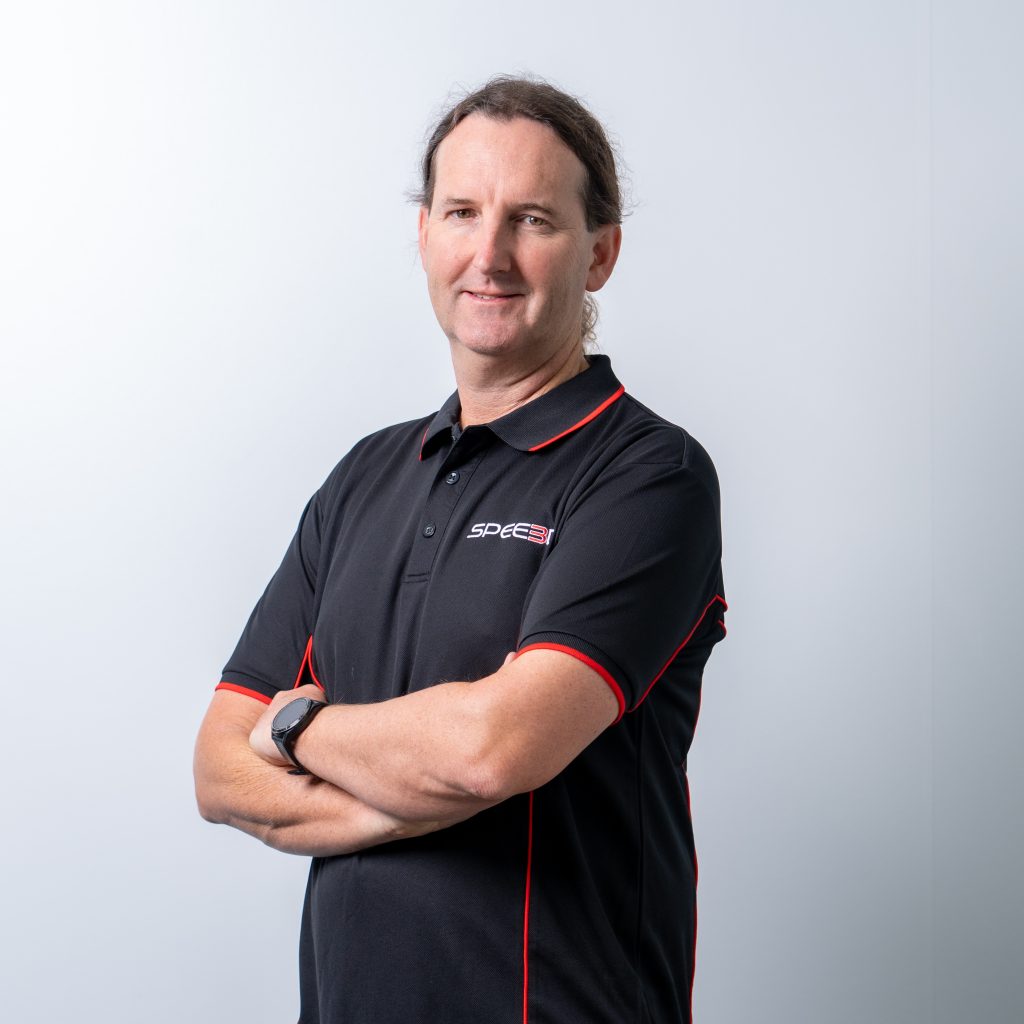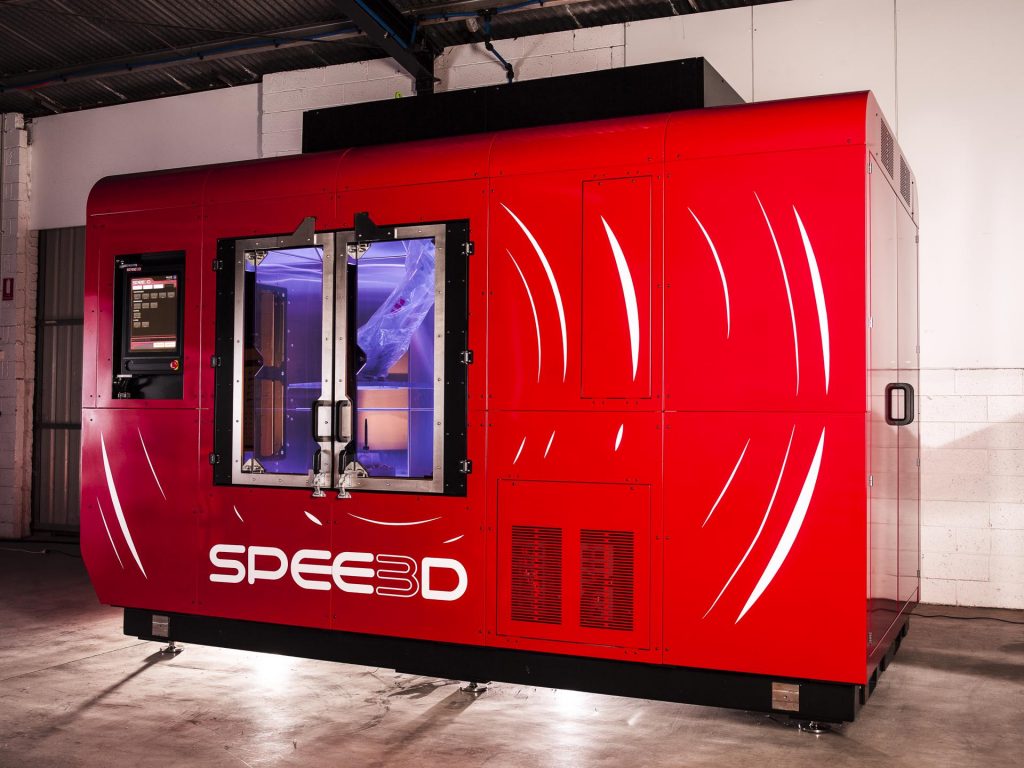Energy services provider RusselSmith has partnered with Australian metal 3D printer manufacturer SPEE3D to introduce its cold spray additive manufacturing (CSAM) technology to West Africa.
The agreement will see RusselSmith become a regional partner and reseller for SPEE3D’s metal 3D printers. It will deploy, train, sell, and support customers in the region’s oil and gas, defense, and commercial industries.
Both companies believe that increased adoption of 3D printing in Nigeria, Africa’s largest oil producer, will create secure local supply chains. This will reportedly overcome prominent challenges in sustaining and maintaining equipment for ageing assets, and ongoing difficulty procuring legacy parts. 3D printing at the point of need will reduce operational delays and help West African companies cut costs.
“Partnering with RusselSmith is a huge win for us – they are a respected leader bringing the latest additive manufacturing technologies to the region and helping solve major supply chain issues for the oil and gas and defense and other commercial industries,” commented SPEE3D’s CEO, Byron Kennedy.
He added that the company’s support as a value-added reseller will provide customers with the “sales, support, and training they need for all of our technology.”

SPEE3D’s cold spray 3D printing in West Africa
Through its collaboration with SPEE3D, RusselSmith has purchased a WarpSPEE3D 3D printer. It will leverage this to support companies wanting to source metal parts in Africa.
The WarpSPEE3D features SPEE3D’s proprietary cold spray 3D printing technology. It fires metal powder at a substrate three times the speed of sound. The supersonic velocity causes the particles to fuse layer by layer until the fully dense metal part has been fabricated.
A key advantage of cold spray 3D printing is its speed, enabling faster and more scalable production than conventional manufacturing processes, ideal for on-demand production. The WarpSPEE3D can 3D print weighing up to 40 kg – or 88 lbs. – with a diameter up to 1m x .7m – or 40″ x 30″ – in hours.
Kayode Adeleke, CEO of RusselSmith, calls the partnership with SPEE3D a “game changer.” He believes CSAM technology will allow the company to quickly manufacture high-quality parts on demand, locally and sustainably, improving customer operational uptime in the process.
This, Adeleke added, supports RusselSmith’s goal of becoming Africa’s leading provider of “advanced digital and deployable additive manufacturing solutions.”

RussellSmith adopts additive manufacturing
This is not the first time RusselSmith has adopted industrial 3D printing. The WarpSPEE3D 3D printer adds to its additive manufacturing ecosystem, which has grown through investments and strategic partnerships.
This increasing 3D printer adoption has been driven by “prevailing challenges in the supply chain of legacy parts in Nigeria and across the continent,” explained Adeleke. The company is particularly focused on producing critical spare parts for the energy sector.
Last year, RusselSmith became the only organization qualified by the Nigerian Upstream Petroleum Regulatory Commission (NUPRC) to deploy non-metallic, industrial 3D printing in the Nigerian oil and gas sector.
The company has adopted 3D printers from ROBOZE to produce functional, corrosion-resistant industrial components locally, with significantly shorter lead times than conventional manufacturing. This reportedly tackles supply chain issues, while fostering technological innovation in Nigerian manufacturing.
It was also recently announced that RusselSmith had become the first African company to be inducted into the Additive Manufacturing Green Trade Association (AMTGA), which promotes the environmental benefits of 3D printing.
Elsewhere, 3D printing software developer 3YOURMIND partnered with RusselSmith to optimize operations within Nigeria’s oil and gas industry. The initiative seeks to refine the identification, digitization, and 3D printing processes for key parts used within the Nigerian energy sector’s upstream activities.

3D printing bolsters the global energy sector
Additive manufacturing technology is being increasingly adopted by energy firms globally. Earlier this month, Saudi Arabia-based 3D printing service provider National Additive Manufacturing & Innovation (NAMI) purchased multiple polymer and metal 3D printers from 3D Systems.
NAMI is a private joint venture between 3D Systems and Saudi Arabian Industrial Investments Company Dussur. It will use its new 3D printers to manufacture critical parts for the Saudi Electricity Company (SEC), creating an efficient and localized supply chain in the process. NAMI will also create a digital inventory of parts to reduce production time, physical storage requirements, and costs.
Elsewhere, Westinghouse Electric Company recently leveraged additive manufacturing to support the development of filtering bottom nozzles for Alabama Power’s Joseph M. Farley Nuclear Plant.
The 3D printed nozzles were designed to improve debris capture and fuel endurance. During their development, additive manufacturing reportedly enhanced design flexibility and reduced the diameter of debris capable of entering the reactor. The 3D printed components exhibited a notable 30% increase in resistance to debris.
Want to help select the winners of the 2024 3D Printing Industry Awards? Join the Expert Committee today.
What does the future of 3D printing hold?
What near-term 3D printing trends have been highlighted by industry experts?
Subscribe to the 3D Printing Industry newsletter to keep up to date with the latest 3D printing news.
You can also follow us on Twitter, like our Facebook page, and subscribe to the 3D Printing Industry Youtube channel to access more exclusive content.
featured image shows the WarpSPEE3D 3D printer. Photo via SPEE3D.


